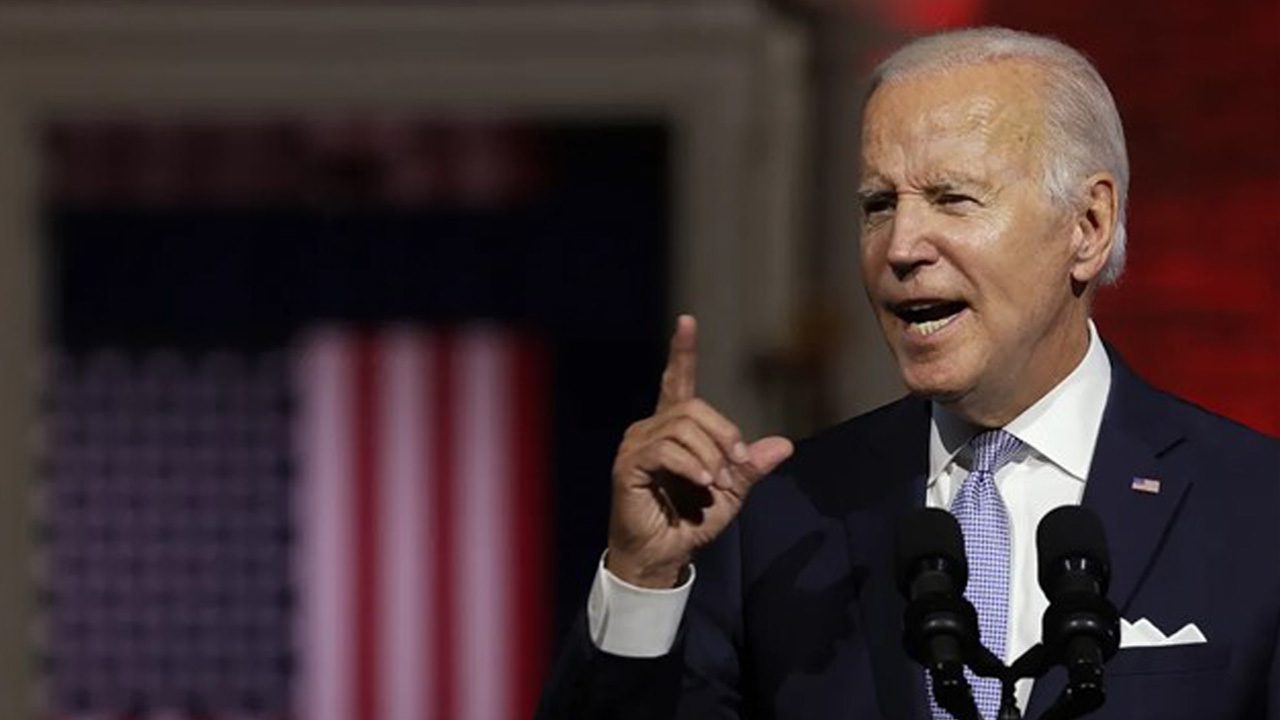
White House aims to expand access to African American history
K-12 Dive | By Naaz Modan | May 21, 2024
Unveiled on the 70th anniversary of Brown v. Board of Education, the effort includes support for literature and resources, along with grants to diversify schools.
An interagency initiative by the Biden administration seeking to protect and increase access to literature and other resources on African American history aims to “preserve African American history” for public school students, the White House announced Friday on the 70th anniversary of Brown v. Board of Education.
The effort is an extension of President Joe Biden’s Executive Order on Promoting the Arts, the Humanities, and Museum and Library Services.
“This effort will bolster African American history and culture as integral, indelible parts of American history,” the White House said in a press release.
The announcement came as part of a broader Biden administration push to support school diversity.
The initiative will funnel federal funds to school districts to create magnet programs aimed at further desegregating public schools. The U.S. Department of Education will disburse $20 million in new funds to districts across seven states — Arkansas, Colorado, Florida, Kentucky, Louisiana, North Carolina and Texas.
The administration aims to support districts “as they work to strengthen and diversify the education profession, enrich educational experiences, and improve school climate and conditions for robust learning.” This includes creating a new technical assistance center to help districts achieve equitable school funding.
The call to protect African American literature stands in stark contrast to statements from Republican leaders who have passed or supported legislation that civil rights advocates say censors African American history.
When the College Board was set to launch a new AP African American Studies course in 2023, the office for Florida Gov. Ron DeSantis, who has led censorship efforts that have spread to other Republican states, said it “lacks educational value and historical accuracy.”
The Florida Department of Education rejected the course, taking issue with its inclusion of literature by famous African Americans such as Kimberlé Crenshaw, Angela Davis and bell hooks, as well as topics like intersectionality and activism.
The College Board, which runs the AP program, said the course was meant to “explore the vital contributions and experiences of African Americans.”
The course is expected to be made available widely to schools in the 2024-25 school year.





